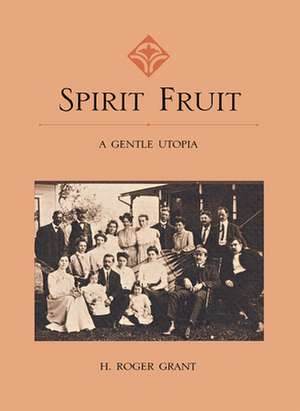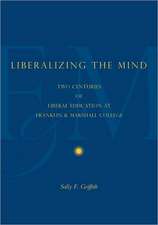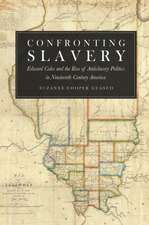Spirit Fruit: A Gentle Utopia
Autor H. Roger Granten Limba Engleză Hardback – 31 iul 1988
The dream of an ideal social order has inspired the formation of experimental communities in America since colonial times. One of the most successful of these was the Spirit Fruit Society, founded in the late 1890s by Jacob Beilhart. In 1901, after purchasing a small farm outside Lisbon, Ohio, the Spirit Fruit society settled into a peaceful and industrious, if morally unorthodox, way of life that won the bemused affection of their neighbors. Unfortunately, the society experienced throughout its existence hostility from journalists and, despite the agricultural and domestic skills possessed by its members, financial hardship. These factors, among others, precipitated moves to Illinois in 1904 and to California in 1914.
Preț: 316.93 lei
Nou
Puncte Express: 475
Preț estimativ în valută:
60.65€ • 64.85$ • 50.56£
60.65€ • 64.85$ • 50.56£
Carte tipărită la comandă
Livrare economică 17 aprilie-01 mai
Preluare comenzi: 021 569.72.76
Specificații
ISBN-13: 9780875801377
ISBN-10: 0875801374
Pagini: 217
Dimensiuni: 152 x 229 x 25 mm
Greutate: 0.52 kg
Editura: Northern Illinois University Press
Colecția Northern Illinois University Press
ISBN-10: 0875801374
Pagini: 217
Dimensiuni: 152 x 229 x 25 mm
Greutate: 0.52 kg
Editura: Northern Illinois University Press
Colecția Northern Illinois University Press
Notă biografică
H. Roger Grant, Professor of History at Clemson University, is author of 23 books, most of them on railroad history. His earlier company histories cover the Chicago & North Western, the Chicago Great Western, the Erie Lackawanna, and the Wabash railroads.
Cuprins
Table of Contents
1 Seeking Utopia
2 Jacob
3 Spirit Fruit
4 Joining Jacob
5 Lisbon
6 Chicago
7 Ingleside
8 Hilltop
9 "Utopia is Possible"
Notes
Bibliography
Index
2 Jacob
3 Spirit Fruit
4 Joining Jacob
5 Lisbon
6 Chicago
7 Ingleside
8 Hilltop
9 "Utopia is Possible"
Notes
Bibliography
Index
Descriere
The dream of an ideal social order has inspired the formation of experimental communities in America since colonial times. One of the most successful of these was the Spirit Fruit Society, founded in the late 1890s by Jacob Beilhart. In 1901, after purchasing a small farm outside Lisbon, Ohio, the Spirit Fruit society settled into a peaceful and industrious, if morally unorthodox, way of life that won the bemused affection of their neighbors. Unfortunately, the society experienced throughout its existence hostility from journalists and, despite the agricultural and domestic skills possessed by its members, financial hardship. These factors, among others, precipitated moves to Illinois in 1904 and to California in 1914.













